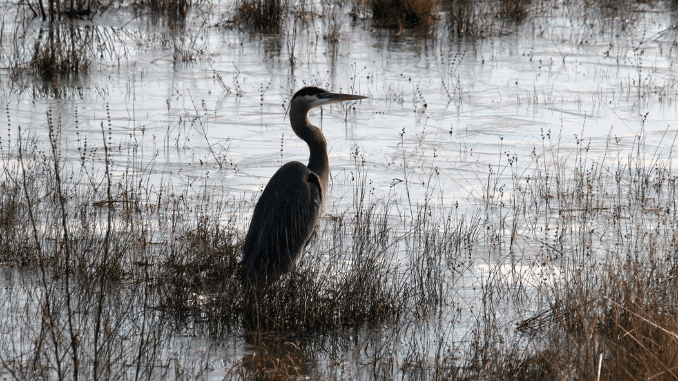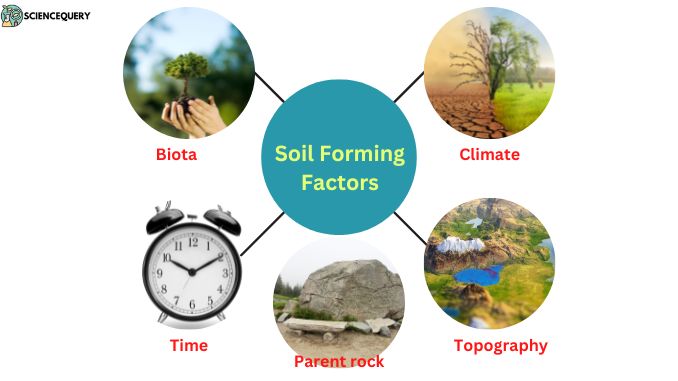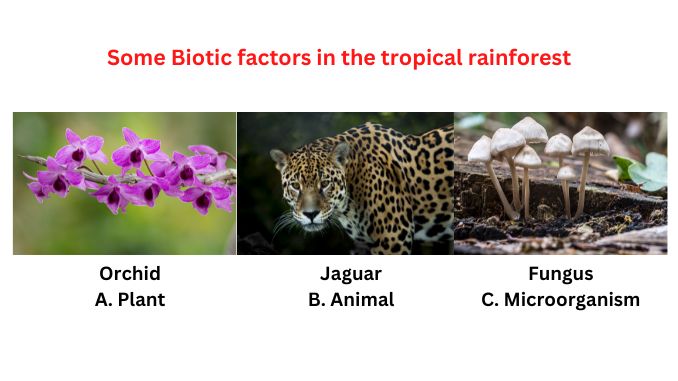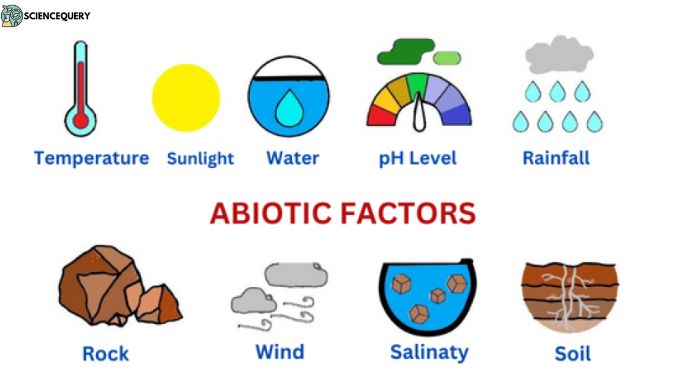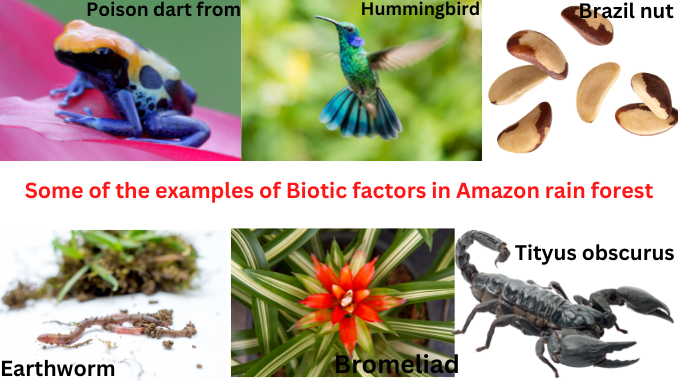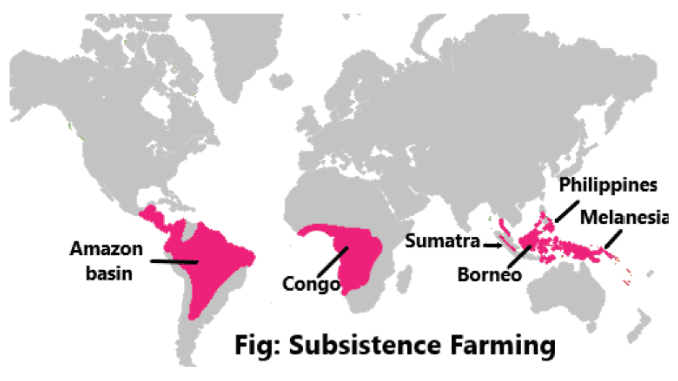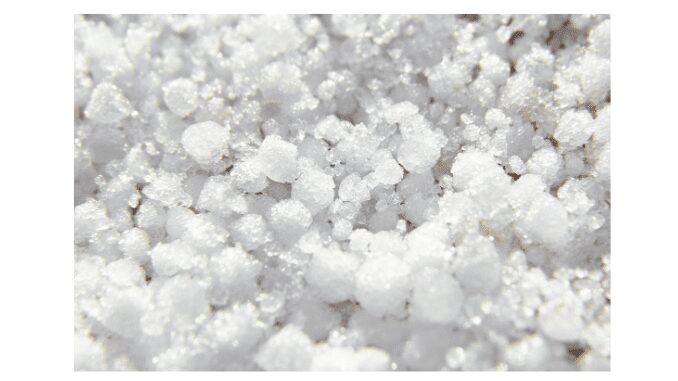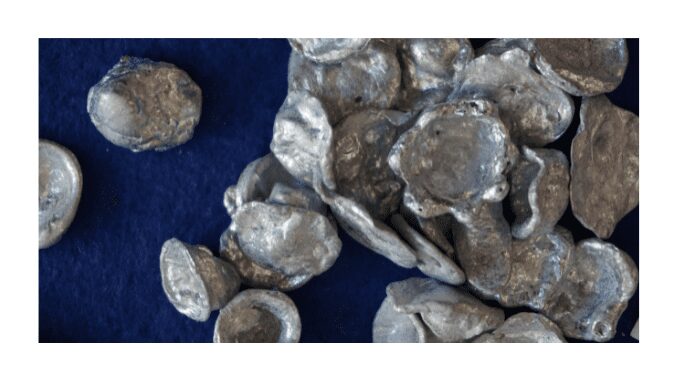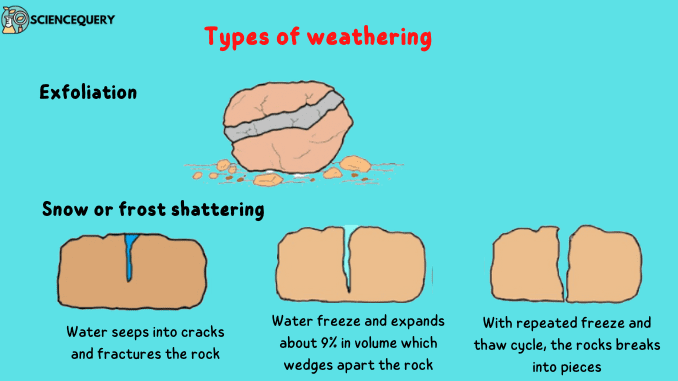Bog vs Swamp vs Marsh
Introduction A wetland is a place or area whose soil is seasonally or permanently moist. All over the world, there are different types of wetlands, such as marshes, fens, estuaries, mudflats, deltas, coral islands, swamps, bogs, etc. They are different from each other. Their features set them apart from each other. Among all these wetlands, […]
Bog vs Swamp vs Marsh Read More »

